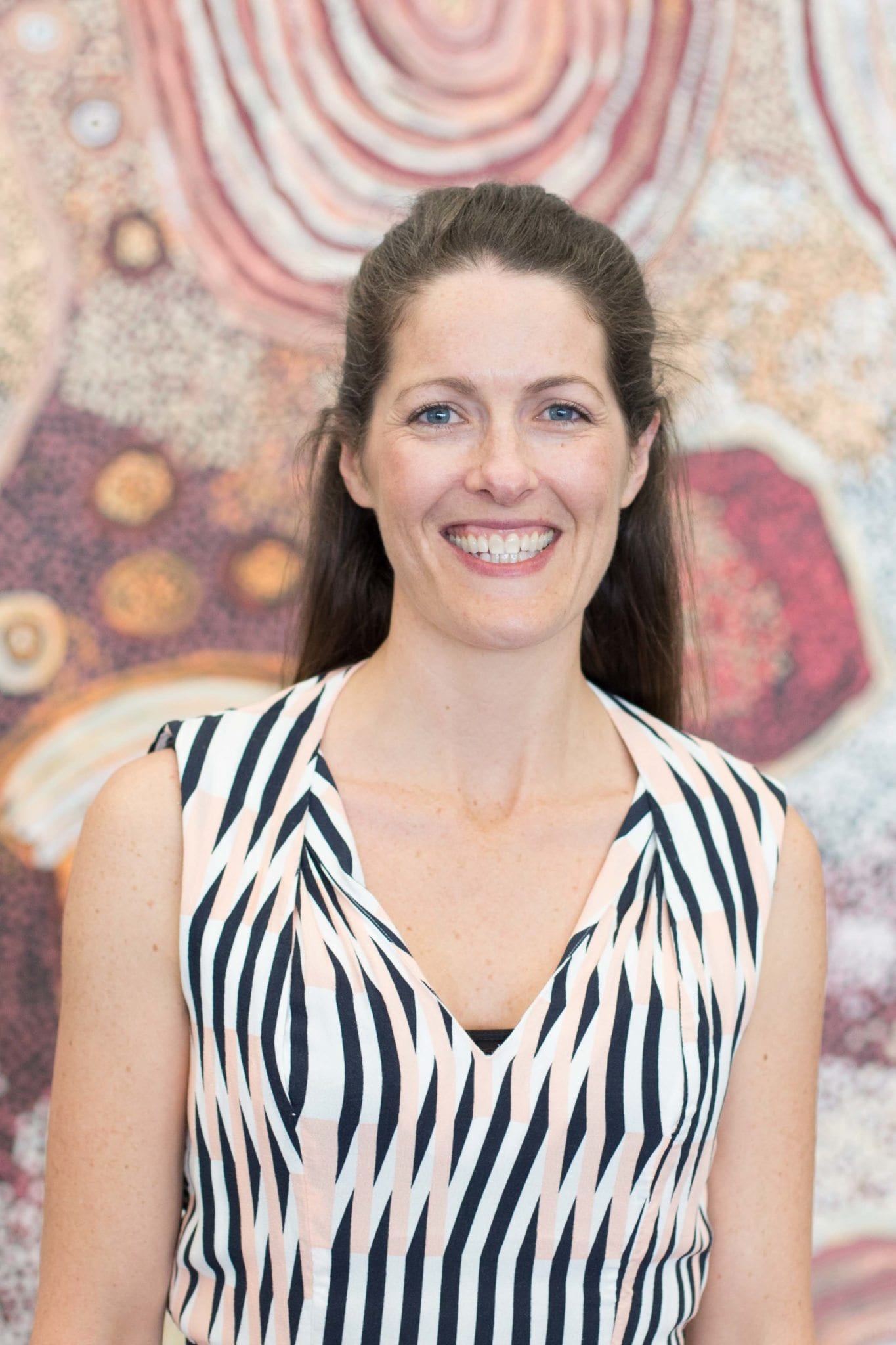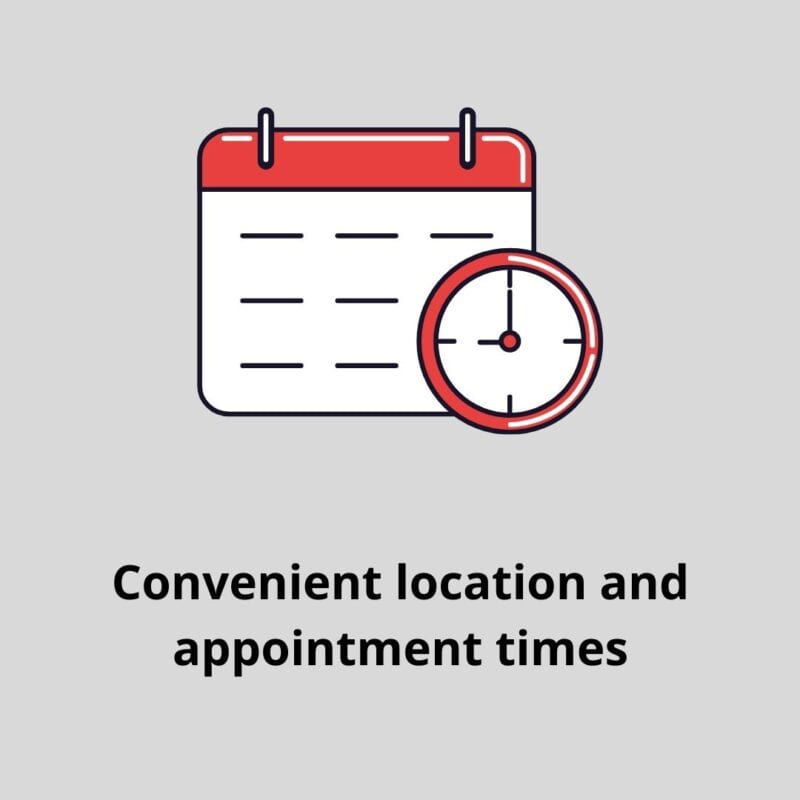There are literally hundreds of diet books and weight-loss programmes to choose from so which one is the best for weight loss? Is it low-fat, low-carb, high-protein, low-glycaemic index, small meals or one of the many others? You are not the only one who wants an answer! The scientific community has been pondering this question for many years! So now for the answer!
Popular diets restrict calories in some way and if you follow them strictly then you should lose weight fast in the short-term. However, which one is the best?
Well, this depends on you. There isn’t one diet that is going to suit everyone and their lifestyles. Some people need an eating plan that will curb their appetite, others need meals that get them through their exercise plans or busy lives, others simply have particular tastes in food or don’t like to cook much.
That is where a dietitian comes in. We can assess your lifestyle and find the eating plan that is most likely to work for you in the long-term. We also identify your motivation, the reasons for past weight gain, emotional barriers to change and practical strategies that will give you the best chance of success.
Our approach is simple yet effective:
- We use approaches that are based on good quality research so that we know that they work
- We personalise it for you so that it suits your lifestyle
- We provide simple tips, tricks, recipes, shopping lists and plans to make it easy to get started.
- We identify the things that always seem to trip you up and we work with you to come up with strategies to ensure they don’t take you off track!

Are you ready to lose weight?
All our plans are realistic and easy to follow but they will require you to do some things differently. So here is a checklist of what research and experience have shown us works to keep the weight off in the long-term:
Set realistic weight loss goals – no more than 1kg/week of weight is ideal. More than this and your body will rebel metabolically making it progressively harder and harder to keep losing weight and then keep it off for good. We are designed to store fat (to help us survive in times of scarcity) and we live in a world that encourages us to be fat. So to keep the weight coming off week after week, keep it under the radar so that you keep your metabolism working for you rather than against you.
Eat mostly foods high in fibre, vegetables and fruit but include a balanced intake of all the food groups. Filling up on the good stuff doesn’t leave much room for the rest. Also focusing on what we need more of instead of thinking about what we can’t have it a good psychological tactic to prevent feeling deprived. It is normal to have a treat now and again – in fact having it less often certainly makes you appreciate it more – but if you keep thinking about what you can’t have, the desire for it will grow.
Eat less fat (to reduce calories) and more protein (to reduce appetite and maintain muscles): This sounds simple but can require the help of a professional to get the balance right. Your body has a limit of how much protein it can make use of at a meal and if you go over that, the liver will just convert the excess into sugar and then eventually fat. But protein has benefits in terms of keeping you fuller for longer. The right balance of protein, fat and carbs will depend on your weight, height, activity levels and weight loss goals. Trust a dietitian to put together a plan that ticks all the boxes.
Eat healthy food most of the time (so that we can still enjoy treats sometimes): Your weight will be largely determined by what you eat most of the time not the odd splurge for a birthday. Don’t let one slip up crush your motivation and confidence to keep going. This is what we call the 80/20 rule. If you are staying on track with your eating and activity goals 80% of the time then you are going to reach your goals (just maybe a few weeks later than you originally planned). If however, you give up every time you slip up then you may never get close to your goals. Just remember lots of small slips up equal one large one. Likewise, the way you live on the weekend can be very different to weekdays so it is important to treat every day the same way otherwise all that hard work during the week will be undone by 2 days on the weekend!
Regular and ongoing support/advice from a Health Care Professional, weight loss group, internet or friends are especially important in the first 12 weeks while new habits are forming. Some people want to feel accountable to someone else – especially while you are waiting to feel and see the benefits of your behaviour changes. Once you start to feel and look better, that may be all the positive reinforcement you need to keep going. Likewise, if you feel that the support you have around you is important to your continued success then make sure you keep it in place. If your support person is moving away or their availability changes – then plan to recruit to fill their position! This will ensure you don’t have a break in your motivation and progress!
Allocate some time to prepare and plan food/meals. Eating unhealthy food is the easy option. High fat and sugar foods are available almost everywhere you go. They are there when you buy your newspaper, go to the chemist or fill up your car. The bright lights of drive-through restaurants lure you in on your hungry drive home and you can’t even go to the movies without having to steel your eyes away from the snack bar. Therefore to eat healthy takes planning and preparation. When you have healthy food all ready to go or planned then it is much easier to say no to the junk. It is as simple as that.
Regularly monitor what you eat through a food diary: There is a register of over 10,000 people in America who have successfully lost weight and kept it off. These people are regularly surveyed to find out the common behaviours among them which help them maintain their weight. One of the most common habits among this group is to keep a food diary now and again to ensure they were staying on track. Bad habits can develop very quickly because they feel or taste good. And although they may seem like only something small, that habit is joined by another and then another and before you know it you are back to your old ways. So we have to keep on our toes and keeping a food diary for a few days every month is a great way to keep things in check. A food diary will make you pay close attention to everything you are eating as well pick up any ‘non-hungry eating’.
Find an exercise or activity that you enjoy and that you can do most days: They key to keeping active is finding something that you enjoy doing and get a buzz out of. You may not feel this way about it when you start but choose something that you don’t mind doing and then spend time getting better at it and the rest will come. Build up gradually and set yourself small challenges that will make you fitter and stronger. If you have an injury, haven’t done exercise in a long time or have pain that holds you back, then you should consider seeing an exercise physiologist who can develop an exercise programme that either helps with healing or that you can do without fear of pain.
To get more help with protecting your weight, book an appointment with one of our dietitians below.

Tess Hartley
Dietitian
Tess is an Accredited Practising Dietitian who graduated from Griffith University and grew up in Queensland. Tess is passionate about working with people and building trusting relationships by providing accurate nutrition information that helps people reach their goals. Tess is great at making people feel at ease talking about their diet and health goals and is great at explaining how food and nutrition impact health. Tess has an interest in:
IBS and other gastrointestinal conditions
Weight management
Endometriosis
Women's health
Chronic disease management
Home Enteral Nutrition (HEN)

Anna D'Arcy
Co-Director
Anna is an Accredited Practising Dietitian and co-director of My Nutrition Clinic who has worked for over two decades in the development and delivery of weight management programmes for adults and children. Anna has a Masters of Nutrition and Dietetics along with a Masters in Public Health and has worked in both Australia and London (UK).
Favourite nutrition areas:
Weight management
Bariatric surgery
Depression
Eating Disorders
Gut issues



Aloysa Hourigan
Dietitian
Aloysa has over 30 years of experience as a Dietitian and has worked for Nutrition Australia and running her own private practice in Brisbane. In addition to her dietetic qualifications, Aloysa has a Graduate Diploma in Counselling from the Queensland University of Technology.
Having a counseling qualification alongside expertise in nutrition and food has led Aloysa to focus on the area of eating disorders and has a great deal of compassion and experience providing support for long-term recovery
Specialist areas:
Eating disorders
Gut disorders
Food intolerances



